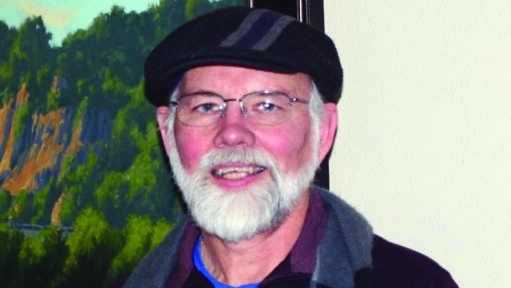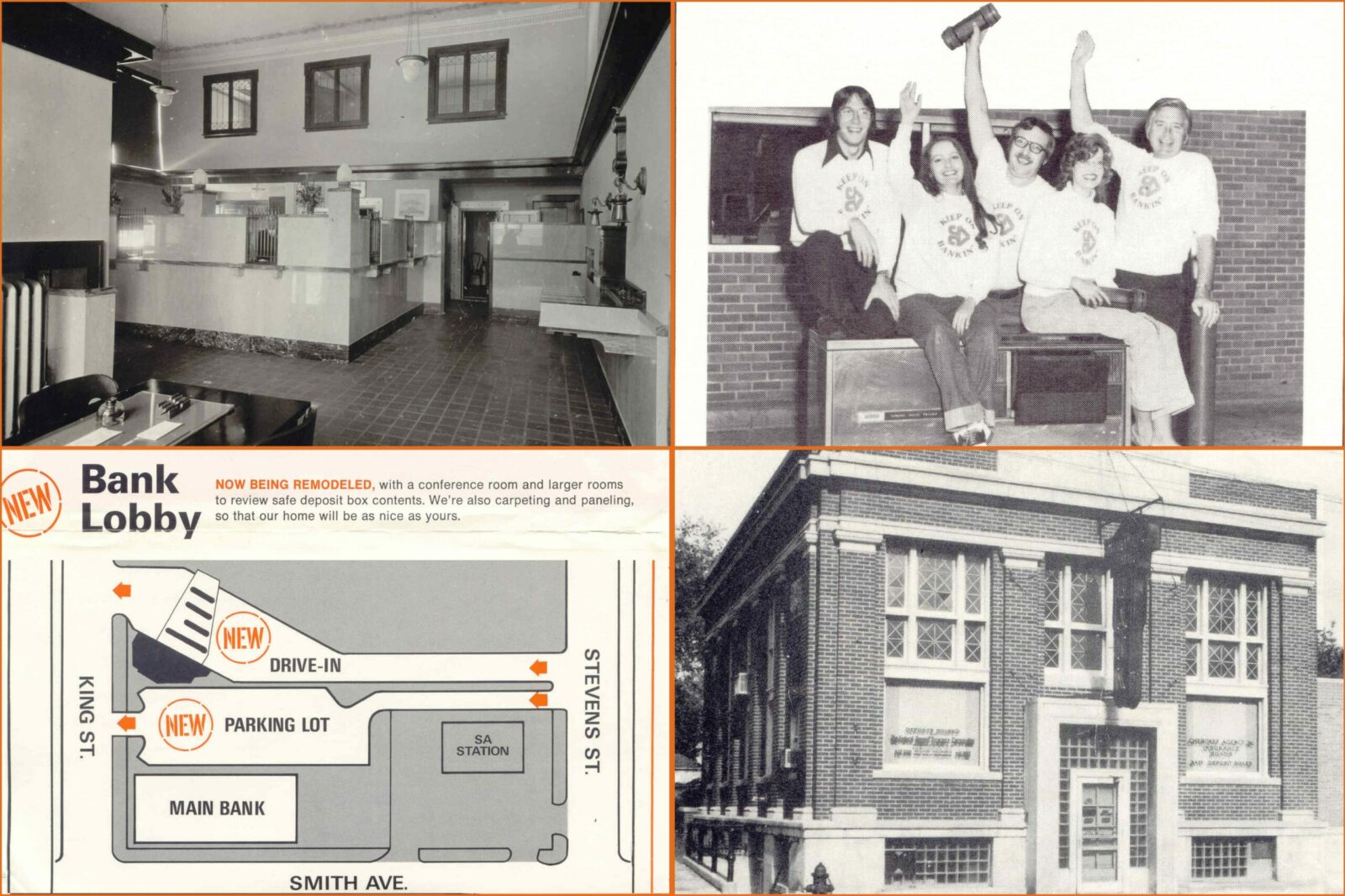Accountability and Cancel Culture
Building Community
by Tim Johnson, columnist
It was 1970, the year after the Stonewall uprising in New York City, which transformed the gay liberation movement from small groups of activists into a full-fledged phenomenon. I was a sophomore in college, and a new friend asked if I might meet with him at the Lutheran campus ministry center, which we both frequented. The campus ministry pastor would join us. My friend gave no indication what the meeting was about, but I readily agreed. At first we simply chatted informally. Then the conversation turned to its apparent intended purpose. They wished to know if I was aware of the frequency with which I had been using derogatory slurs for gay people. They expressed the belief that they saw these slurs as inconsistent with how they otherwise experienced me.
I was both surprised and embarrassed. I had no recollection of using the language they said I had used, but also had no reason to question them. My friend shared in confidence that he was gay. They together shared how the language was hurtful. I apologized and committed to monitoring my use of words and seeking to deepen my own awareness of the concerns they raised. At the time, I thought my friend was the first gay person I had ever met. I learned later how wrong I was as I sat by the bedside of my gay cousin, with whom I had grown up and who was dying of AIDS. There were, of course, others, like my high school teachers whose closeted lives I only learned about years later.
Accountability is seldom easy, especially if it involves you. It feels much simpler to ignore the concerns or issues that are present rather than to address them. I could see anxiety on the face of my friend and the pastor. It was a difficult thing for them to hold me to account. It was hard for me to hear their description of my own behavior. Yet by holding me to account and treating me as someone who had the capacity to change, they made it possible for me to grow.
We are living in an era in which there is a pressing need for accountability—and growth. Recent conversations about reparations are about accountability. Concerns about the nature of policing are about accountability. Expecting corporations like 3M to be responsible for past ground- water pollution is about accountability. The former U.S. President and various right-wing groups have faced a level of accountability for January 6. Facebook, Twitter and other social media are being asked to be accountable for posts on their platforms from which they derive substantial advertising revenue. The Church and the organization formerly known as the Boy Scouts are being held accountable for their inaction on sexual exploitation. The list is long and ultimately includes all of us who seek a better world. Accountability is a mirror that enables us to look more honestly at who we are and then make clear-eyed choices about who we wish to be.
Yet accountability can and must be distinguished from the pitfalls of cancel culture, where the goal can become silencing and eliminating rather than growth and restoration. Some conservatives believe cancel culture is a liberal problem. Colin Kaepernick, who the NFL allegedly kept out of its league for taking a knee during the national anthem, would beg to differ. With its insistence on removing the “offender” as well as the offense, cancel culture leaves little room for transformation and healing. It often seeks to eliminate the symptom, like the maker of a racist comment, rather than address the culture in which the racist comment thrives. In its failure to confront deeper issues, cancel culture can reinforce the very thing it seeks to address. Ironically, claiming to be the victim of cancel culture is also now used by some to avoid accountability.
My journey out of homophobia didn’t happen during one intervention. But because my friend and the pastor laid claim to something good in me and approached me with charity and grace, they gave me the opportunity to become the type of person I also hoped to be. It would never have happened had they lacked the courage to speak up and hold me accountable for my words, or had I lacked the capacity to listen. It is in that interchange between truth spoken with love and hearts willing to break open that transformation happens.
Tim Johnson is a retired pastor of the United Church of Christ.



